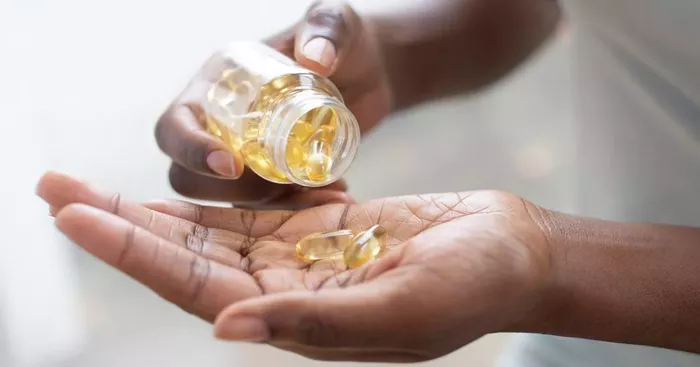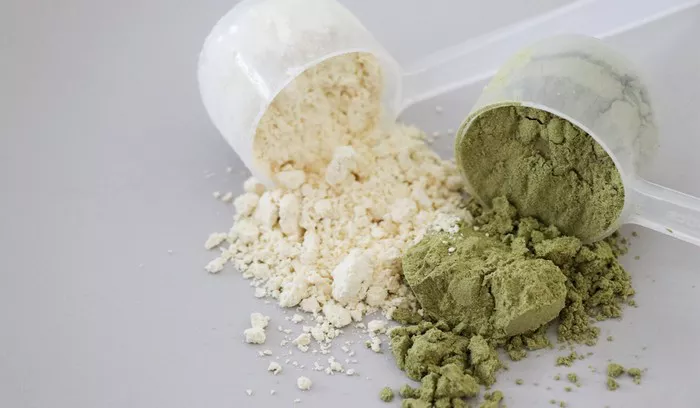As the demand for COVID-19-related diagnostic products declines, several diagnostic kit manufacturers are redirecting their efforts toward chronic disease testing. This strategic shift aims to stabilize financial performance, with products like blood glucose and cholesterol meters providing consistent revenue streams and ensuring business sustainability. Consequently, companies are expanding their presence not only in the domestic market but also globally.
According to a report released on March 27, SD Biosensor saw a significant transformation in its revenue structure last year. Chronic disease diagnostic products, including self-monitoring blood glucose meters and cholesterol meters, accounted for 53% of the company’s total sales in 2024. This represents a substantial shift from previous years when COVID-19-related products dominated the market. Specifically, sales of SD Biosensor’s cholesterol meter, Standard LipidoCare, and the Standard G6PD (which measures red blood cell health), skyrocketed more than 30-fold from 9 billion won (approximately $6.14 million) in 2022 to 291.5 billion won in 2024. These products alone now contribute to 42% of the company’s total revenue.
In addition, the company’s self-monitoring blood glucose meters generated 78.2 billion won in sales last year, marking the first time this product category achieved a double-digit share of total sales. This is an increase from 9% in 2023 to 11% in 2024.
This shift in focus comes after a period when immunochemical diagnostic products, primarily related to COVID-19, made up 90% of SD Biosensor’s revenue from 2020 to 2022. However, as the pandemic eased, the share of these products dropped sharply to just 21% last year. Despite this decline, the company’s overall financial health has improved. SD Biosensor reduced its consolidated operating loss by nearly 80%, from 54.1 billion won in 2023 to a significantly lower deficit in 2024. Additionally, total revenue grew by 5.9% year-over-year, reaching 694.6 billion won. On a separate basis, the company returned to profitability, posting an operating profit of 4.7 billion won.
SD Biosensor is also focusing on expanding its global footprint. The company operates nine overseas subsidiaries, including in key markets such as the U.S., China, and Germany. Notably, 98% of its cholesterol meter sales and 87% of its self-monitoring blood glucose product sales come from international markets. A company representative stated, “We are preparing to launch a continuous glucose monitoring system to further strengthen our diagnostic platform.” The company also reported growth in its subsidiaries in Brazil, Italy, and Indonesia, all of which turned a profit in 2024.
Similarly, Seegene, another prominent diagnostic company, has shifted its focus to non-COVID products, including respiratory and gastrointestinal diagnostic reagents. As a result, the company reported a 13% increase in revenue, rising from 367.5 billion won in 2023 to 414.3 billion won in 2024. Additionally, Seegene successfully reduced its operating loss, from 30.1 billion won to 16.5 billion won, cutting its deficit by nearly half. The company saw a 200% surge in sales of respiratory bacterial diagnostic products, while both respiratory viral diagnostics and gastrointestinal diagnostic products saw 20% growth.
Both SD Biosensor and Seegene’s shifts in focus underscore the broader industry trend toward chronic disease diagnostics as companies adjust to the post-pandemic landscape and diversify their product portfolios to ensure long-term stability.
Related Topics































